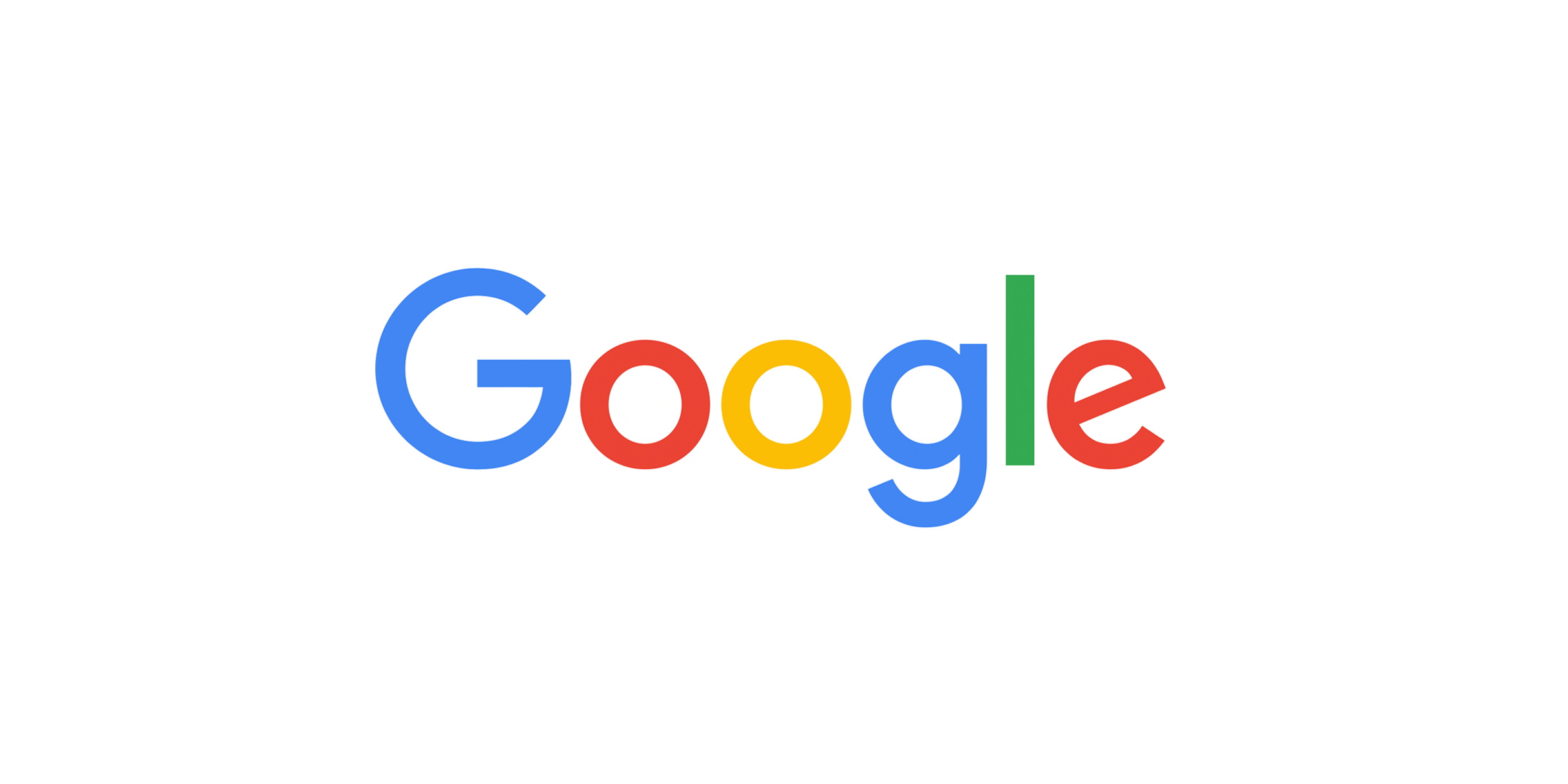MORGANTOWN – Attorney General Patrick Morrisey has joined another multi-state lawsuit against Google. It alleges that Google unfairly restricts competition through the Google Play Store and Google billing – harming consumers and app developers by limiting choice and driving up app prices.
The suit was filed Wednesday in the U.S. District Court for the Northern District of California, San Francisco Division. Utah is the lead state, joined by 36 others, including neighbors Kentucky, Maryland and Virginia. Morrisey announced the suit Thursday.
“Vigorous competition protects consumers and helps the economy thrive,” Morrisey said. “Our nation’s antitrust laws play a vital role in helping to foster innovation and ensure that consumers pay a fair price. Likewise, our nation loses when one company can use unlawful means to monopolize a particular market. We must feverishly oppose such tactics.”
The suit notes that Google acquired the Android mobile operating system in 2005. It alleges that Google promised repeatedly that Android would be the basis for an “open” ecosystem in which industry participants could freely compete.
Instead, Google took steps to close the ecosystem from competition and insert itself as the middleman between app developers and consumers. Every time they purchase an app from the Google Play Store, or purchase digital content or subscriptions within an app, up to 30% of the money they pay goes to Google. Google imposed the same commission of up to 30% of any future digital purchase a consumer might make within an app.
For all apps that consumers obtain from the Google Play Store, the suit says, Google requires that consumers purchase any in-app digital content through Google Play Billing. “By imposing this unduly restrictive and anticompetitive tie, Google can indefinitely collect supracompetitive commissions from consumers who purchase in-app digital content.”
In the absence of Google’s conduct, the suit says, there would be two main channels for U.S. consumers to obtain apps on an open Android operating system: direct downloading and installation of apps or app stores; or apps or app stores pre-installed on devices by device manufacturers or mobile network operators.
But Google has closed off its “open” Android operating system by degrading direct distribution channels and cutting deals to discourage and disincentivize any remaining potential competition. Google Play Store distributes over 90% of all Android apps in the United States. No competing Android app store has more than 5% of the market.
Google also prevents apps distributed through the Google Play Store from using, directing consumers to, or even informing consumers about alternative payment processing options that may provide lower prices, the suit alleges.
“Developers lose profits because potential customers may forgo purchases of existing apps in response to the higher prices caused by Google’s conduct. Moreover, Google’s supracompetitive commission impedes developers from researching, developing, and bringing to market innovative new apps, resulting in further lost profits for them and less innovation and choice for consumers.”
Previous Google suit
The previous suit against Google was filed last December in U.S. District Court for the District of Columbia. Morrisey joined 37 other states in that one.
It alleges that Google illegally maintains monopoly power over general search engines and related advertising markets through a series of anticompetitive exclusionary contracts and conduct.
The suit parallels and was consolidated with one filed in last October against Google by the U.S. Department of Justice. All of West Virginia’s neighbor states except Kentucky have signed on to this one. Colorado is the lead state.
The suit says more than 85% of all internet searches are done through Google. It’s closest competitor, Bing, accounts for only 7%. Yahoo doesn’t even get a mention.
The suit says Google stifles competition in three ways. First, it uses its power to limit the number of consumers who use a Google competitor. For example, Google pays Apple $8 billion to $12 billion per year to be the default search engine on Apple devices, and it limits general search competition on Android devices with a web of restrictive contracts.
Second, Google’s Search Ads 360 service pledges to offer advertisers a neutral means for purchasing and comparing the performance of Google’s search advertising and its closest competitors. But, in reality, the suit says, Google operates SA360 to severely limit the tool’s interoperability with a competitor, thereby disadvantaging SA360 advertisers.
Third, “Google throttles consumers from bypassing its general search engine and going directly to their chosen destination, especially when those destinations threaten Google’s monopoly power.”
Beyond Google’s throttle hold, the suit says, its monopoly is worrisome because it collects vast amounts of data about the people who use it. “Google closely tracks and analyzes virtually every internet search and click performed by users,” the suit says. It uses this data to make money for general search-based advertising: $98 billion in 2019, more than the GDP of 129 countries and the budgets of 46 states.
Google has not yet filed its arguments in the case.
Tweet @dbeardtdp




